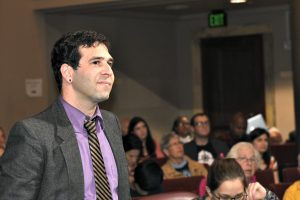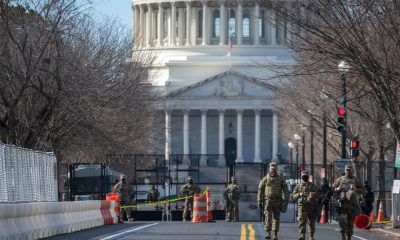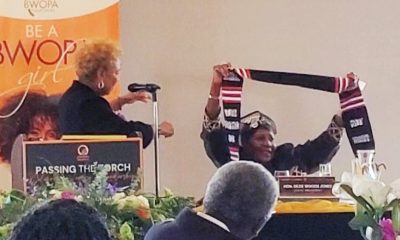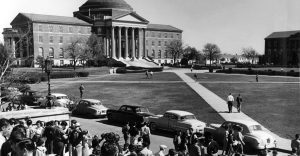Housing
Opinion: Rapidly Housing 3,000 People Is Not as Hard as It Appears
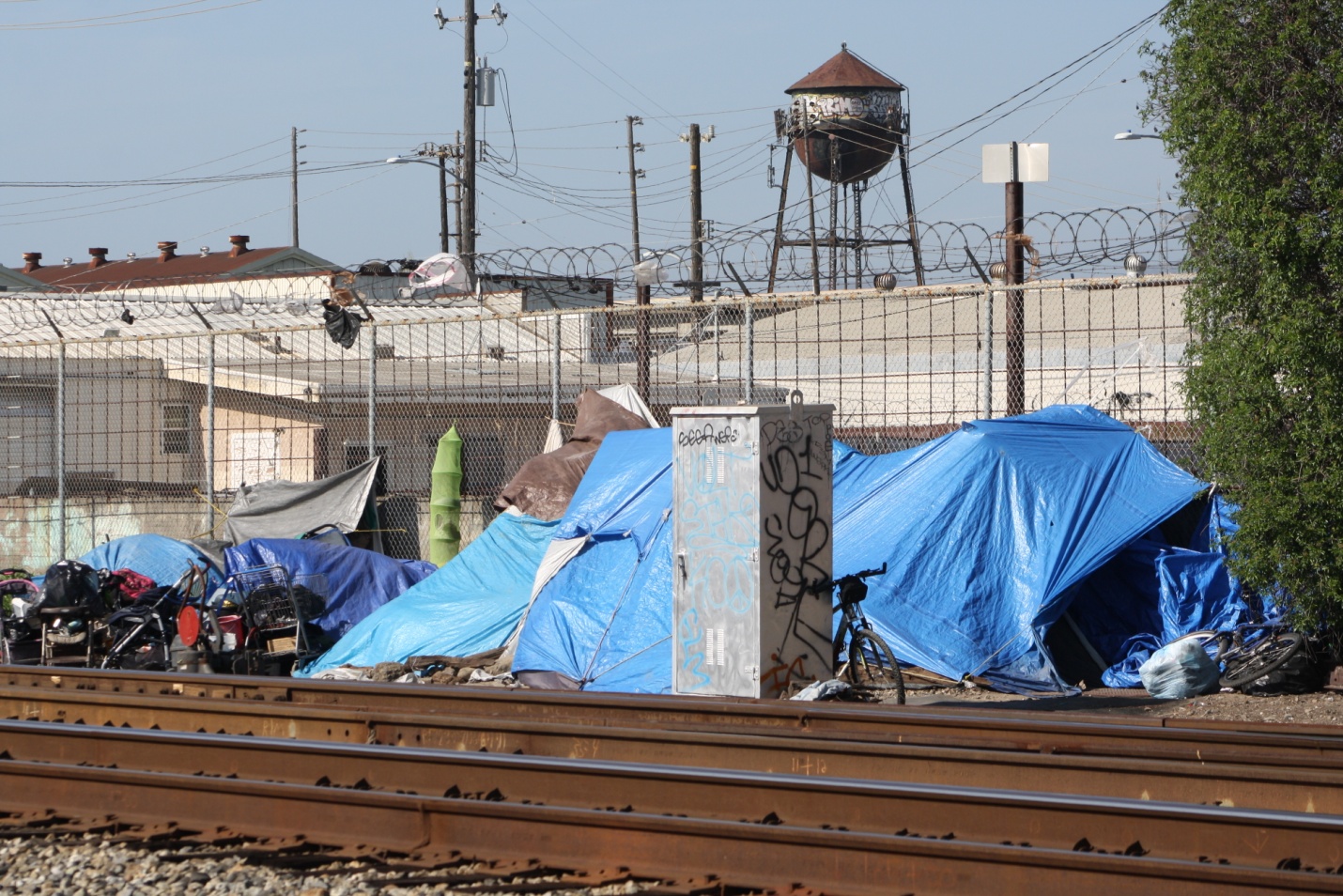
Activism
As California Hits Aging Milestone, State Releases Its Fifth Master Plan for Aging
“California’s Master Plan for Aging started a powerful movement that is shaping the future of aging in our state for generations to come,” Gov. Gavin Newsom said in a statement, calling the initiative a “future-forward” model delivering real results for older adults, people with disabilities, and their families.
Activism
Can You Afford a Mortgage but Not the Down Payment? Dream For All Offers Up to $150K
Duvernay-Smith’s journey exemplifies the transformative potential of Dream For All, a program designed to help first-generation homebuyers across California. Applications will open on Feb. 24, and close on March 16. The program uses a random selection process to ensure equitable access, and Gov. Gavin Newsom’s office has directed that a minimum of 10% of funds go to applicants in Qualified Census Tracts — communities that historically faced discriminatory or unfair barriers to home ownership.
Community
Candidates Vying for Governor’s Seat Debate at Ruth Williams–Bayview Opera House in San Francisco
The gubernatorial debate participants included Antonio Villaraigosa, former Los Angeles mayor; Matt Mahan, San Jose mayor; Betty Yee, former California state controller; Xavier Becerra, former U.S. Secretary of Health and Human Services, and attorney general of California; Steve Hilton, political commentator and political adviser; Tom Steyer, entrepreneur, and Tony Thurmond, California’s superintendent of public instruction.

-

 Activism4 weeks ago
Activism4 weeks agoLife Expectancy in Marin City, a Black Community, Is 15-17 Years Less than the Rest of Marin County
-

 Activism4 weeks ago
Activism4 weeks agoOakland Post: Week of January 28, 2025 – February 3, 2026
-

 Activism3 weeks ago
Activism3 weeks agoCommunity Celebrates Turner Group Construction Company as Collins Drive Becomes Turner Group Drive
-

 Business3 weeks ago
Business3 weeks agoCalifornia Launches Study on Mileage Tax to Potentially Replace Gas Tax as Republicans Push Back
-

 Activism3 weeks ago
Activism3 weeks agoDiscrimination in City Contracts
-

 Arts and Culture3 weeks ago
Arts and Culture3 weeks agoBook Review: Books on Black History and Black Life for Kids
-

 Activism4 weeks ago
Activism4 weeks agoMedi-Cal Cares for You and Your Baby Every Step of the Way
-

 Activism3 weeks ago
Activism3 weeks agoCOMMENTARY: The Biases We Don’t See — Preventing AI-Driven Inequality in Health Care

